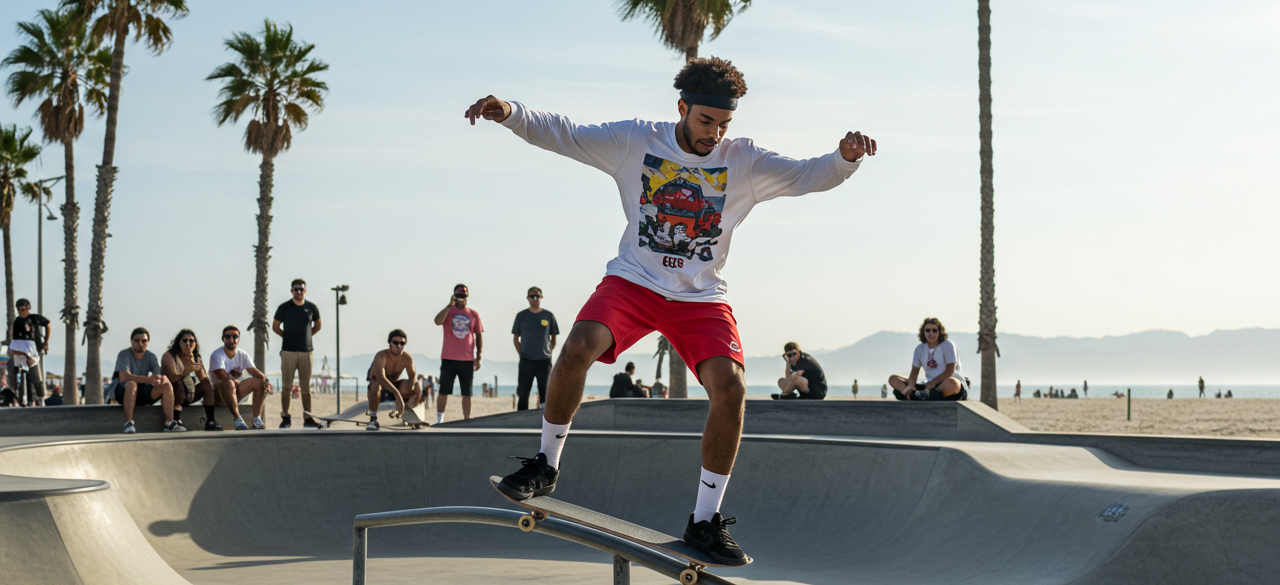Fostering Community and Well-being Through Skateboarding
“We are incredibly excited about the partnership with The Skatepark Project and growing our ability to improve the lives of young skaters and students through research and innovation,” said Neftalie Williams, director of San Diego State University’s Center for Skateboarding, Action Sports, and Social Change. This new collaboration between SDSU’s center and The Skatepark Project (TSP) aims to explore and amplify the positive impacts of skateboarding. The initiative will focus on research, community programs, and international collaboration.
The partnership will concentrate on three key areas. First, the organizations will conduct and promote research on the social, cultural, and wellness impacts of skateboarding and action sports. Second, they will develop on and off-campus events and programs showcasing skateboarding’s benefits for physical and mental health, inclusion, and youth development. Finally, the collaboration will engage with international universities, governmental and non-governmental organizations, and businesses to share insights and best practices.
TSP CEO Benjamin Anderson Bashein emphasized the importance of research in understanding and promoting skateboarding. He expressed enthusiasm for the center’s work and TSP’s role as a thought partner. TSP has supported nearly 700 skateparks across the United States, serving an estimated 17 million annual visitors. The organization views skateboarding as a tool for community development, aligning with SDSU’s center’s mission.
A study co-authored by Williams, “Beyond the Board: Skateboarding, Schools and Society,” revealed that skateboarding fosters community, personal identity, and self-expression. It also helps skaters build social networks. The partnership seeks to further solidify skateboarding’s role in promoting physical and mental well-being. David Kamper, associate director of the SDSU center, highlighted skateboarding’s unique nature, emphasizing individual practice, skill development, and communal spaces. He noted the sport’s ability to build mental and physical capacity through challenge, focus, and confidence.
Skateboarding’s origins trace back to California in the 1940s and 1950s. The sport gained popularity among surfers in the 1960s and 1970s. Tony Hawk, who later founded TSP, became a prominent figure in the 1980s. Skateboarding’s popularity surged, gaining mainstream recognition through outlets like MTV and the X Games. It debuted as an Olympic sport in 2020. Many cities now recognize skateboarding’s importance in youth culture, establishing public skateparks and events.
Williams, a skateboarder and former U.S. State Department Ambassador of Skateboarding, observed the ubiquity of skateboarding at SDSU. He noted its constant evolution in style, technique, health benefits, accessibility, and public diplomacy impact. The growing body of research, coupled with partnerships like the one between SDSU and TSP, aims to further illuminate the diverse benefits of skateboarding. The collaboration promises to unlock new ways to promote well-being through movement and self-expression, solidifying skateboarding’s place as a powerful force for positive change.
Join the dialogue on the impact of skateboarding and youth development at @bruthaverse. Dare to be different.



Leave a Comment